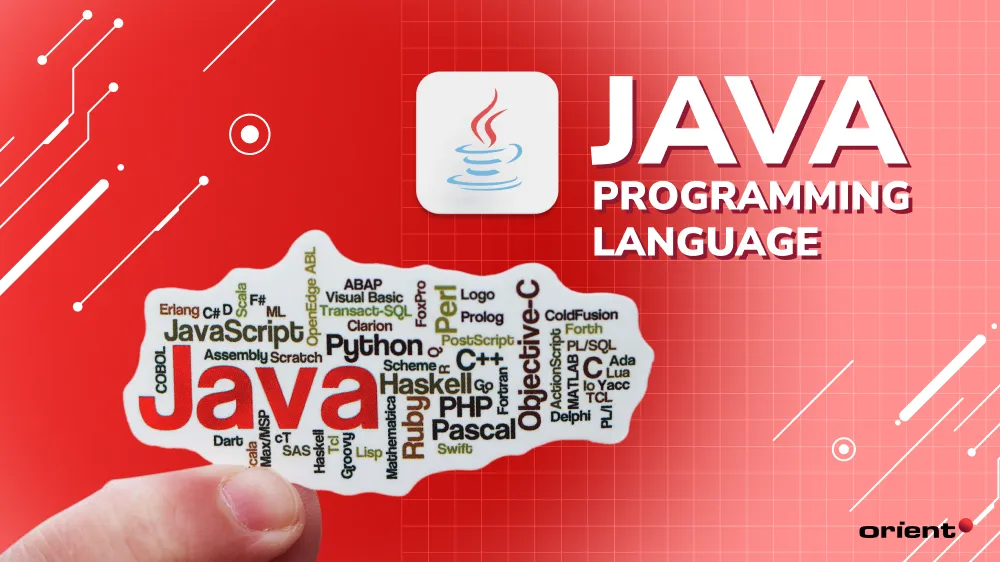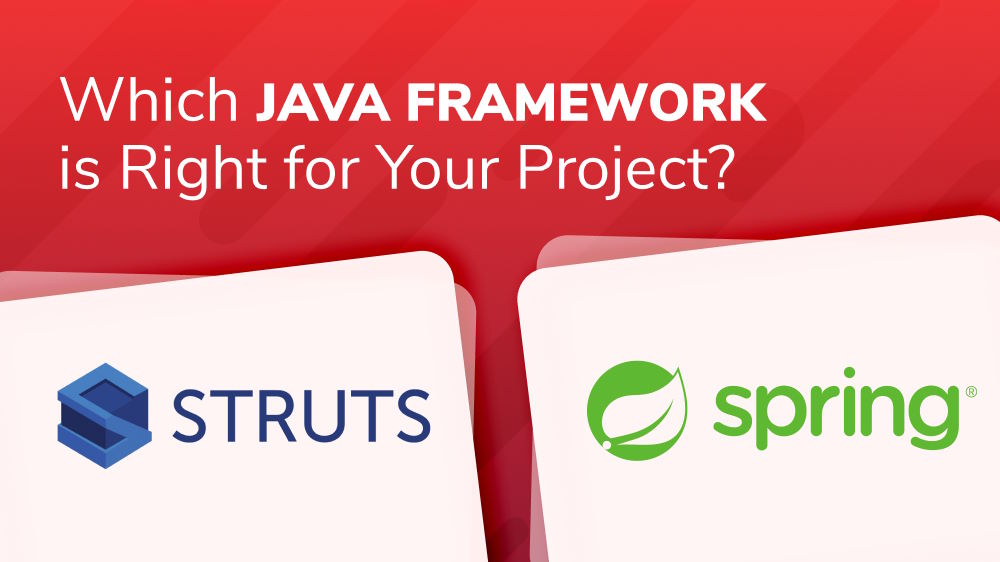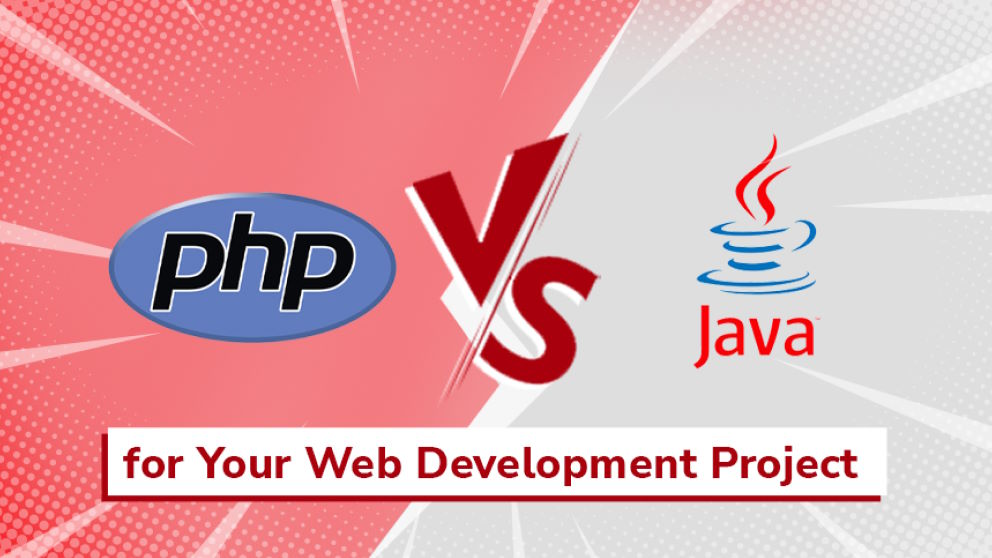What Can You Do with Java Programming Language?

Trung Tran5 min read

Content Map
More chaptersJava is a versatile programming language that was designed to be object-oriented, imperative, and robust. Java has been one of the most popular programming languages for many years, and it’s still going strong. It can be used for a variety of purposes. In this article, we’ll look at eleven different things that you can create with Java.
What Is Java?
Java is an object-oriented language specifically designed to be portable, easy to understand. The first version of Java was released in 1996 by Sun Microsystems, Inc.
Since its release, the Java programming language has become one of the most popular computer programming languages in use, especially on the server and client-side applications.
Java is used not only for client-side applications on desktops but also for web-based applications, embedded devices and microcontrollers, and server and embedded applications. In addition, Java programming language is typically compiled to bytecode (class file) that can run on Java virtual machines regardless of computer architecture. As a result, Java has the largest number of “builds” or versions of any programming language.
11 Things You Can Do with Java
So, what can you do with Java? Here are some applications of the Java programming language:
Desktop Applications
One of the most popular uses of Java is developing client-side desktop applications, which requires the end user to install a Java runtime environment (JRE) on their system. The JRE is available for all major operating systems and is generally included as part of the default installation of most Linux distributions and some BSD variants.
Server-Side Web Applications
Another widespread use of Java is developing server-side web applications. Server-side web apps are Java applications that run on a web server and respond to requests from web clients, usually in the form of HTML pages.
Enterprise Applications
Java is the first programming language for enterprise app development. Enterprise applications are business applications that organizations use to conduct their day-to-day business. Many enterprise apps are written using a client-server architecture where the client is often an off-the-shelf software package running on desktop computers and connecting to that server via a thin layer of custom code or middleware.
Backend Processing
Many organizations use Java for backend processing, such as in their batch processing jobs. Backend processing involves performing some processing during off-peak hours to reduce users’ impact during regular working hours.
Android Applications
Android apps are written in Java programming language and run on an Android Virtual Machine (VM). These applications can either be pre-installed on a device or downloaded from Google Play Store.
Embedded Systems and Microcontrollers
Java is used for developing embedded systems which are special-purpose computer systems designed to perform one or some limited set of tasks and have minimal size, power consumption, and cost. Although they can be used for a wide variety of applications, many embedded devices are restricted by the physical size and power of their processors, memory, and other components.
Scientific and Mathematical Applications
Java is also famous for developing scientific and mathematical applications. Scientific applications are used to solve problems in science and mathematics, while mathematical applications are used to perform mathematical operations on data.
Desktop GUIs
Developing desktop graphical user interfaces (GUIs) is another use of Java utilized by end-users to interact with the system via visual feedback.
Cross-platform Applications
Java is prevalent for developing cross-platform applications that can be run on different operating systems like Windows, Linux, and MacOSX or different processor architectures like ARM and x86.
Mobile Applications
Mobile apps are software applications built to run on smartphones and tablet computers. With this programming language, a Java programmer can create complete applications. Many mobile apps are written using the Java programming language and run on a Java Virtual Machine (VM).
Real-time Systems
Software developers can build real-time systems with Java. Real-time systems are computer systems that need to respond to events in a timely manner. They are used in a variety of applications, including manufacturing, aerospace engineering, military, and transportation. Java is popular for developing real-time systems because it has features that make it suitable for this type of application, such as its deterministic garbage collector and runtime system.
Why Is Java So Popular to Developers and Programmers?

There are several reasons why Java is so popular with developers and programmers. Some of the key reasons include its versatility, ease of use, powerful features, and an extensive community.
First, Java is very versatile and can be used for various purposes. For example, it can be used to develop server-side web apps, enterprise applications, backend processing, Android apps, embedded systems and microcontrollers, scientific and mathematical applications, etc.
Second, Java is easy to use. The simple Java syntax and its standard library make it easier to use and learn.
Third, Java has powerful features that are suitable for complex app development. These features include garbage collection, threading, in-memory caching, and more.
Fourth, a large community of Java developers is always willing to help out. Moreover, there are a lot of online resources available for learning Java. This makes it easy for new Java developers to get started with the language than other languages.
Conclusion
Java is an object-oriented programming language with crucial features like automatic memory management, which makes it easier to write code than other coding languages such as C++ or Python. We expect that this article has helped you find the answer to what you can do with Java.






